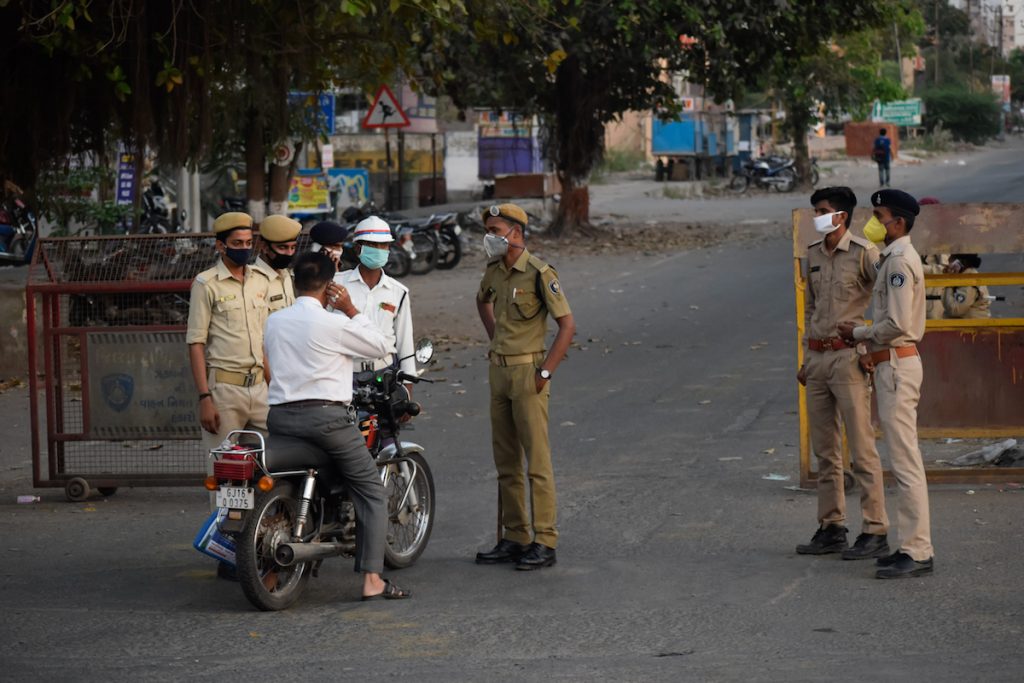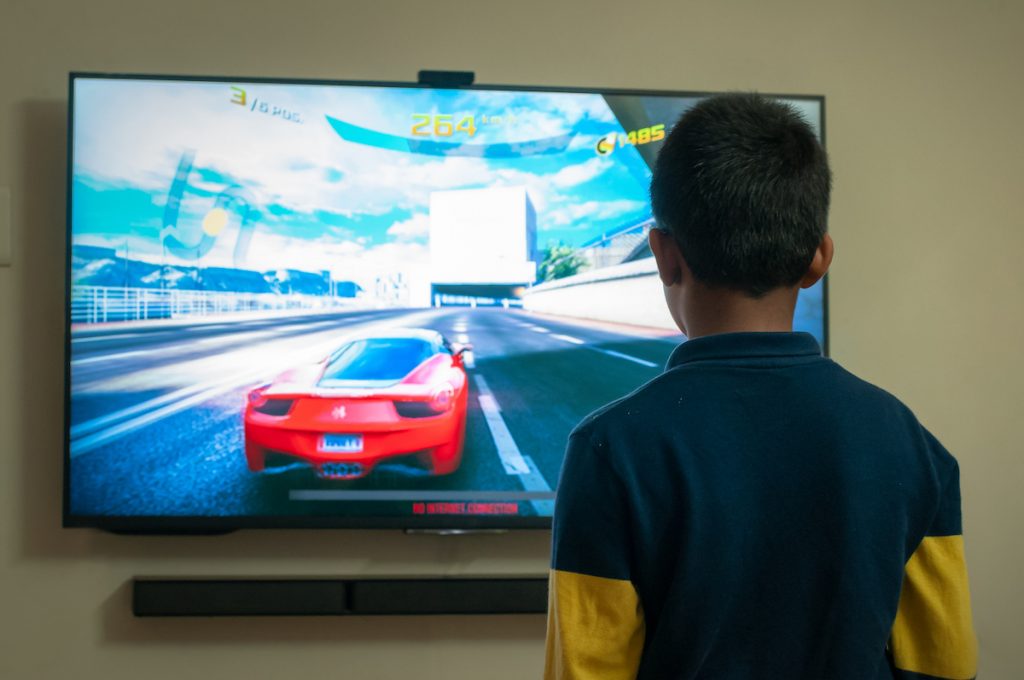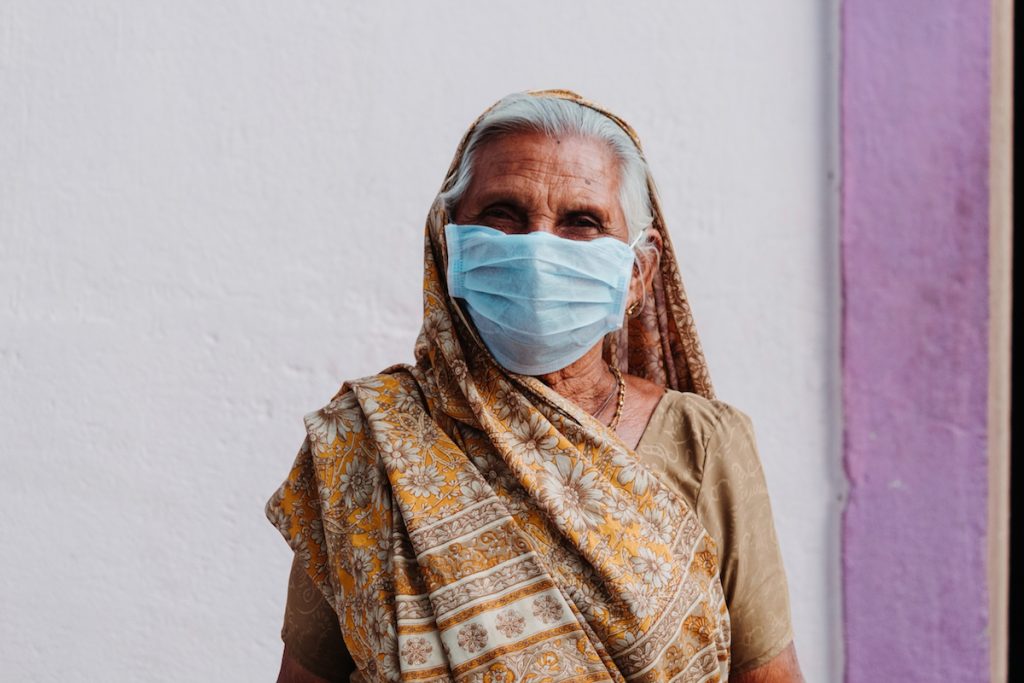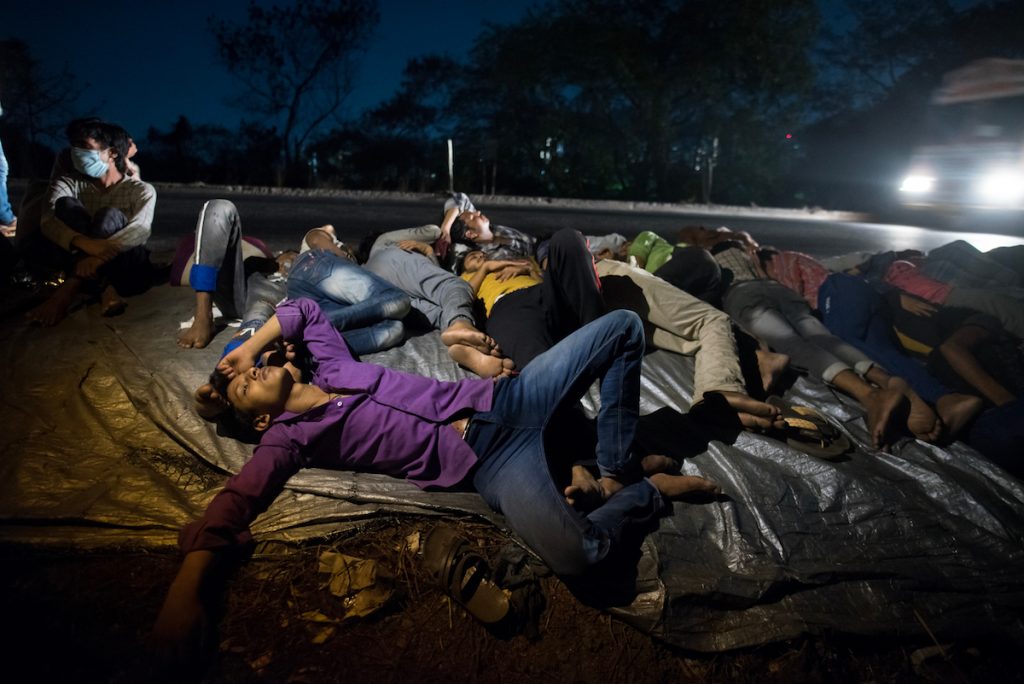COVID-19 has stopped the world in its tracks and mercilessly altered the machinery of people’s lives, especially in India where a prolonged lockdown to arrest the virus is leading to loneliness and anxiety disorders.
“People across the globe are plagued with anxiety, stress and depression. We are now hapless victims of a force arrayed against us,” Dr. Gautam Saha, vice president of the Indian Psychiatric Society told LiCAS.news.
An online survey, titled Depression and Corona conducted by the Vardhaman Mahavir Medical College & Safdarjung Hospital in New Delhi, found that 30 percent of 400 respondents across India showed signs of depression.
“This is a very high rate and cause for concern,” said Dr. Jugal Kishore, who heads the Department of Community Medicine at the hospital which conducted the survey.
The country’s lockdown — introduced March 25 — has been extended several times. It was due to expire at midnight May 17, but was extended to May 31, albeit with some relaxation in guidelines.
Saha said frustration, boredom, worry over contracting the disease, job loss and educational interruption are factors causing anxiety and stress for many Indians.
Furthermore, he said, after being housebound for nearly two months, people are suffering from a lack of a normal routine; some are experiencing difficulties in maintaining a healthy diet, sleep and exercise.
Some are worried the pandemic is here to stay and that death through the virus is inevitable. Some are imagining worst-case scenarios or catastrophizing, he said.

Negative thoughts
Psychiatrist Sheela Parasher, who volunteers on a government helpline, said an overdose of information on the virus and lots of fake news has also giving rise to negative thoughts.
“We get many distress calls ranging from wanting to get over an addiction, internet issues, to battling suicidal tendencies,” Parasher said.
As a way of an example, a young woman told Parasher that she was unable to sleep. Nothing seemed to excite her anymore. The caller was worried that she may not be able to go for higher studies abroad. All her dreams have been shattered and she thought there was now no point living, Parasher said.
Another caller told Parasher she was worried about the effects of her son’s computer gaming.
“The mother called to say her son is always on the internet and playing games like PUBG,” Parasher said using the acronym for the multiplayer game PlayerUnknown’s Battlegrounds.
“It is a destructive war game and can have a bad effect on the young. She fears her son might develop sadistic tendencies,” said Parasher.

Saha says screen time for children should be limited to 90 minutes a day. Parents should monitor what their children are watching to ensure they are not watching porn or other forbidden content.
There is also an alarming rise in gadget addictions, said Dr Manoj Sharma, who runs the Services for Healthy Use of Technology clinic at the National Institute of Mental Health and Neuro-Sciences located in Bengaluru in southern Karnataka state.
Sharma said teenagers and housebound young people are steadily getting drawn to pornography or games such as PUBG, FIFA and Counter-Strike.
Struggling to cope
Hundreds of helplines offering counselling have been set up throughout the country by the Indian Psychiatric Society, governments, schools, colleges, religious institutions and non-governmental organisations.
The Catholic Hospital Association of India has a dedicated portal www.coronacare.life that provides answers to all kinds of queries on COVID-19 and counseling through a panel of advisors, social workers, psychiatrists and counsellors.
It is multilingual, so anyone can make use of the portal, said the association’s deputy secretary Father George Kannanthanam.

The Church’s social wing Caritas India, plus many congregations and church-related NGOs, are also running counseling centers across India. Psychiatrists are available for tele-consultation in all states and in every language.
“We get calls not only from the upwardly mobile but also from people in remote villages,” said Shimray Mungreiphy, who leads a Caritas counselling team.
“In one instance somebody called on our helpline and wanted to know about coronavirus and then said they were battling hunger. Caritas finally ended up feeding 60 starving families in Lakhimpur district in the eastern state of Assam. If not for the helpline these migrants could have starved to death,” she said.
Among the most affected by the lockdown have been India’s millions of internal migrants who have been forced out of work. Many of them are daily wage earners, others are domestic workers, street hawkers, rickshaw pullers and contractual cleaning staff who have also been hit hard by the lockdown. The majority live below the poverty line.
Many have become stranded because of the lockdown and are unable to return to their families.

Some migrant workers have been now being provided counselling in shelter homes following a Supreme Court directive.
In Delhi, a team of 11 psychologists from the Institute of Human Behavior and Allied Sciences counselled migrant laborers at 350 shelters in the national capital.
“Most were suffering from basic depression and anxiety due to the situation, but a few serious cases had to be hospitalized,” said Dr. Nimesh Desai, director of the institute.
Saha, from the Indian Psychiatric Society, advised that anyone struggling to cope with isolation and anxiety or fear should approach a counsellor.
Talking therapy can help a person reflect, make sense of difficult life events and find a way to move forward and effectively manage their daily lives, he said. Cases of the new coronavirus in India have now surpassed 96,000. As of May 18, more than 3,000 Indians have been killed by the virus.
For more information on mental health and COVID19, you can also read Coronavirus: Guidance for Better Mental Health, written by Rehab 4 Addiction, a UK-based advisory and referral service for people who suffer from alcohol, drug and behavioural addiction. This is an external site, which LiCAS.news do not have editorial control over.






